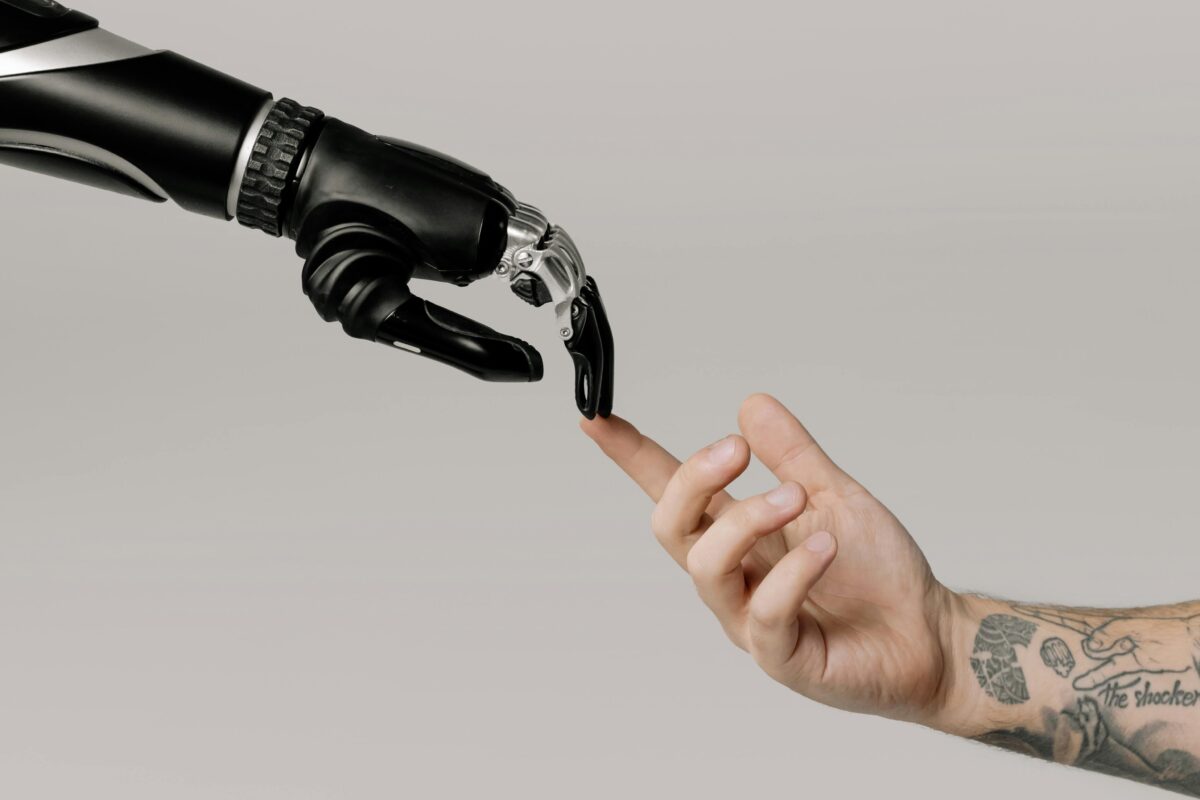How AI Can Transform Your Creative Agency
The creative industry thrives on innovation, originality, and the seamless execution of ideas. However, creative agencies face unique challenges, from managing projects to meeting tight deadlines and juggling the demands of multiple clients. In this fast-paced environment, efficiency is just as crucial as creativity. Fortunately, Artificial Intelligence (AI) offers transformative potential to streamline operations and enhance the creative process. AI isn’t just about automation; it can revolutionize how agencies think, collaborate, and deliver value.
In this article, we’ll explore how AI can transform your creative agency, touching on key areas such as project management, creative production, client communication, and data analysis.
The Role of AI in Streamlining Project Management
Managing projects efficiently is a critical component of running a successful creative agency. Every project involves multiple stakeholders, deadlines, and iterations. Traditional project management tools often fall short in addressing the complexities of creative workflows, leaving teams stretched thin. Here, AI comes to the rescue by automating repetitive tasks, forecasting project timelines, and enhancing collaboration.
AI-driven project management tools allow teams to set realistic deadlines, assign tasks based on past performance, and track progress in real-time. These systems are designed to learn from each completed project, providing better insights and predictive analytics to avoid bottlenecks in future campaigns. For instance, AI can predict potential delays, enabling teams to adjust their schedules and redistribute resources before it’s too late.
Moreover, with the integration of AI into project management software, agencies can manage multiple clients effortlessly. These platforms leverage AI to balance workloads, allocate resources efficiently, and provide insightful reporting to clients, enhancing transparency and trust.
Boosting Creativity with AI
Contrary to popular belief, AI doesn’t replace creativity; it enhances it. AI-powered tools can assist in brainstorming sessions, helping teams generate fresh ideas more quickly. By analyzing existing creative assets, AI can suggest new concepts, themes, or design elements that align with the brand’s voice and target audience. This gives creatives a strong foundation to build upon, reducing the need to start from scratch.
For example, AI tools can generate multiple design variations for logos, layouts, or advertisements, leaving the final decision to human designers. This process saves time and ensures that the team can focus on refining the best ideas, rather than getting bogged down in repetitive design work.
PiktID extends this concept to visual content by offering automated image editing solutions. It allows users to quickly create multiple image versions for marketing campaigns, making it easier to test which visuals perform best with different target audiences. By automating the editing process, PiktID empowers creative teams to focus on higher-level strategy and execution while optimizing their marketing assets.
AI can also personalize content at scale. Through machine learning algorithms, agencies can create personalized marketing materials based on audience preferences, ensuring each message resonates with its intended demographic. Whether it’s crafting email campaigns or social media ads, AI can tailor the content to reflect the interests and behaviors of specific audience segments.
Enhancing Client Communication
Client communication is the backbone of any creative agency. However, managing client expectations, providing updates, and gathering feedback can often become time-consuming. AI-powered communication tools can simplify these processes by automating routine tasks and improving the overall client experience.
AI chatbots, for instance, are increasingly being used to handle initial client inquiries, freeing up time for account managers to focus on more strategic conversations. These AI systems can respond to frequently asked questions, provide project updates, or schedule meetings without human intervention.
Additionally, natural language processing (NLP) technologies are helping creative agencies draft emails, reports, and presentations with minimal effort. By analyzing previous communications, AI can generate responses that align with the tone and language of the agency, ensuring consistency and professionalism in client interactions.
AI also enables agencies to offer real-time reporting. By integrating AI with their project management software, agencies can provide clients with live updates on project progress, resource allocation, and budget utilization. These reports are not only more accurate but are also tailored to meet the specific needs of each client, eliminating the need for endless back-and-forth emails.
Optimizing Time and Resources
Creative agencies often struggle with resource management. Balancing the workloads of designers, copywriters, and account managers is no easy task, especially when multiple projects are running simultaneously. AI-driven tools can optimize resource allocation by analyzing past performance data and current project demands.
For instance, AI can identify which team members are best suited for specific tasks based on their expertise and availability. It can also predict potential roadblocks, such as when a team member may be overloaded or when a particular phase of a project might require additional resources. This proactive approach to resource management ensures that the team is always functioning at its best without being overwhelmed.
Time tracking, another tedious but necessary task, can be automated with AI as well. AI-powered systems can monitor work hours and task completion, providing detailed insights into productivity and efficiency. This allows agencies to better estimate project timelines and ensure that they stay within budget.
Leveraging Data for Better Insights
Data-driven decision-making is becoming increasingly important for creative agencies. AI is capable of analyzing massive datasets in real-time, providing insights that were previously unattainable through manual methods. Whether it’s analyzing customer behavior, campaign performance, or industry trends, AI-driven analytics can uncover patterns that help agencies make more informed decisions.
For example, AI can analyze past campaign data to determine which types of content perform best with certain audiences. This allows agencies to tailor their future campaigns accordingly, increasing their chances of success. Additionally, AI can help agencies measure the effectiveness of their creative strategies in real-time, providing instant feedback on what’s working and what’s not.
By integrating AI with existing CRM systems, agencies can also gain a deeper understanding of their clients’ needs and preferences. This enables them to offer more personalized services and solutions, ultimately strengthening client relationships and increasing client retention rates.
AI as a Competitive Advantage
The use of AI in creative agencies is no longer a futuristic concept; it’s a reality that is transforming how agencies operate. Agencies that embrace AI will have a competitive edge over those that don’t. From improving efficiency to enhancing creativity, AI provides numerous benefits that allow agencies to work smarter, not harder.
As more agencies adopt AI-powered tools, it will become increasingly important to stay ahead of the curve. Agencies that fail to integrate AI into their workflows risk falling behind competitors who are more agile and efficient.
By leveraging AI in project management, creative production, and client communication, agencies can improve their operational efficiency and offer better services to their clients. This, in turn, leads to higher profitability, increased client satisfaction, and more successful campaigns.
AI has the potential to revolutionize creative agencies in ways we’re only beginning to understand. By embracing AI-driven tools, agencies can streamline project management, boost creativity, enhance client communication, and optimize resource allocation. In an industry where time and creativity are of the essence, AI can provide the competitive advantage needed to stay ahead.
For those looking to take the next step, exploring AI-integrated project management software can be a game-changer.
The future of creative work is here, and AI is at the forefront of that transformation. Will your agency be ready?

